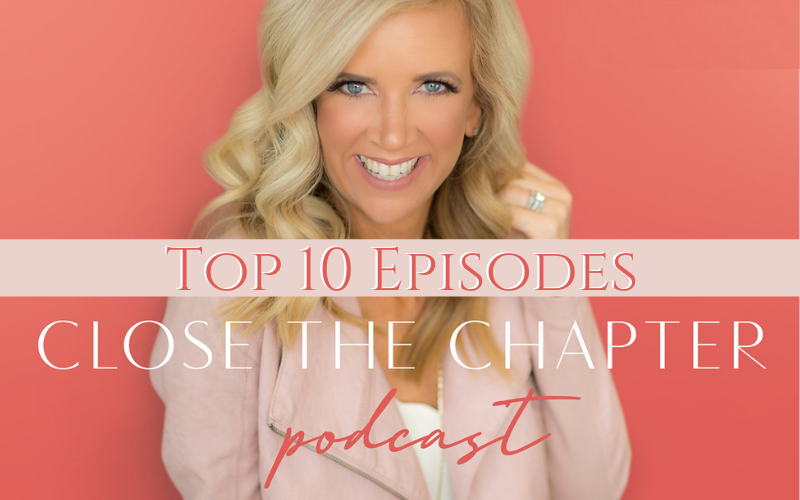When “Closeness” Costs You Your Self: Understanding and Healing from Enmeshment Trauma
You may not have called it trauma. In fact, you may have called it love.
Maybe you grew up in a family that seemed close. Really close. You talked every day. You knew everything about each other. You were the one everyone leaned on, the dependable one, the one who “just understood.” And maybe even now, you find yourself being the strong one, the fixer, the person others turn to when they’re falling apart.
But somewhere along the way, something started to feel off. You second-guess your needs. You feel responsible for everyone else’s emotions. You find it hard to say no without guilt. You lose yourself in relationships or avoid them altogether. And you’re not exactly sure when or how that started.
This might be the moment you realize what looked like closeness was actually enmeshment. And it’s been shaping how you show up in relationships, in decisions, in your sense of self.
If any of that lands for you, keep reading. We’re going to talk about what enmeshment actually is, how to recognize it, how it shows up in relationships, and most importantly how to begin healing.
What Is Enmeshment?
Enmeshment is a relational trauma that happens when the boundaries between parent and child are blurred. Instead of supporting the child’s individuality, a parent becomes emotionally over-reliant on them. The child’s role becomes one of emotional caretaker, problem-solver, companion, or even surrogate partner.
What makes enmeshment particularly hard to identify is that it can masquerade as closeness. From the outside, it looks like a tight-knit family. But what’s actually happening is a lack of emotional separation, a fusion of identities. And it often leaves the child with a persistent fear of setting boundaries, a deep sense of guilt when they do, and a struggle to connect to their own needs.
As a therapist trained in systems theory, I look at the full picture—family patterns, intergenerational dynamics, unspoken rules. And enmeshment often hides in plain sight.
The Three Types of Enmeshed Parenting
Enmeshment can take many forms, but it often falls into one or more of these patterns.
The Romanticized Parent
This parent leans on the child for emotional companionship, often without realizing it. They might share adult problems, rely on the child for comfort, or idealize them in a way that feels special but also suffocating. The child learns to prioritize the parent’s emotional needs, becoming the surrogate spouse instead of just being a kid.
The Helicopter Parent
Driven by anxiety, this parent micromanages the child’s every move including school, friendships, and choices. It can look like care, but it's rooted in fear. The child doesn't learn autonomy. They learn that love is conditional and that control equals safety.
The Incapacitated Parent
When a parent is struggling with chronic illness, addiction, or unhealed trauma, the child often steps into a caregiving role. This is known as parentification. The child becomes the emotional or physical caretaker and never gets to fully develop their own identity because they’re so focused on keeping the family functioning.
How Enmeshment Shapes Adult Relationships
These early patterns leave a lasting imprint. As adults, many people who experienced enmeshment struggle with codependency, difficulty identifying their own needs, or feeling consumed by guilt when they try to set boundaries.
Intimate relationships often feel overwhelming or confusing. You might attach quickly, feel anxious when a partner pulls away, or completely shut down when someone gets too close. You may find yourself over-giving, constantly seeking reassurance, or defaulting to caretaking roles because somewhere along the way, love got tangled up with responsibility and performance.
Some people become serially independent, avoiding closeness out of fear it will consume them. Others merge completely, taking on their partner’s preferences, needs, even identity. And some swing between both
What Healing Looks Like
Healing from enmeshment is a process of learning to reconnect with yourself. That might start with simple things like breathwork or journaling, where you begin to ask, “What do I feel? What do I want?” And it grows from there.
Therapy is often an essential part of the journey, especially with a trauma-informed therapist who understands family systems and relational wounds. Modalities like EMDR, brainspotting, or somatic experiencing can be incredibly helpful.
You’ll also learn to set boundaries without shame. You’ll learn to say no not as rejection, but as self-honoring. You’ll begin to recognize your own patterns and give yourself permission to do something different.
Books like Homecoming by John Bradshaw or It’s Not Always Depression by Hilary Jacobs Hendel are great resources. So is any practice that helps you slow down, notice your thoughts, and reconnect with your body.
And maybe most of all, you’ll start offering yourself the validation, compassion, and space that you spent your childhood giving to everyone else.
You Are Allowed to Be Your Own Person
If this stirred something in you—maybe a quiet knowing, maybe a heavy grief—I just want to say: you are not alone.
You are not wrong for needing space. You are not selfish for wanting boundaries. You are not broken for losing your voice. You are healing.
And it is okay to be new to this. It’s okay if some days feel strong and others don’t. It’s okay if it feels messy, slow, or layered. That’s exactly what healing looks like.
You get to take your time. You get to ask for support. You get to be someone who is learning to belong to themselves again.
That is not just healing. It's a reclamation. And it’s yours.
- Kristen D Boice M.A., LMFT, EMDR Trained
Do you want to join a community of souls wanting to grow, evolve, and on a healing journey?
I would love for you to join our free Close the Chapter Facebook community and check out my YouTube Channel where I post weekly videos with Mental Health Tips.










